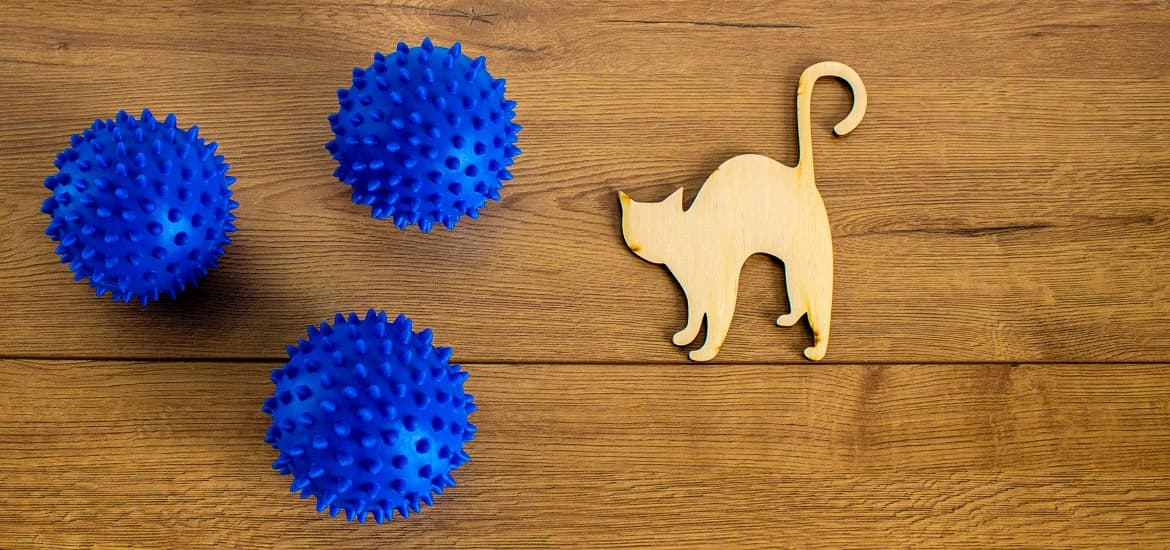Sep 27, 2021, 6:51 PM

Coronavirus (FCoV) is among the highly infectious diseases in cats that tend to usually infect kittens as well as young cats. Commonly found among domestic cats, FCoV may not be very symptomatic in the initial stage or involve impermanent gastrointestinal issues in the cats, such as vomiting or mild diarrhea. Although some FCoV infected cats will be purely asymptomatic, its dangerous mutation - feline infectious peritonitis (FIP) – requires special attention and early treatment.
Types of FIP
FIP is a mutated and fatal form of feline coronavirus that can turn to be fatal for the animal. FIP is commonly found in two forms – dry and wet. FIP in the wet form can cause more damage and be highly fatal than in the dry form. In both states, the clinical signs may differ based on the organs affected, such as the liver, kidneys, eyes, nervous system, among others. However, in the dry form, the clinical signs are vaguer, like loss of appetite, energy and weight reduction.
Risk Elements
Although FCoV is recoverable in some cases, there are certain risks factors that may promote the development of the fatal FIP mutant. The cat’s age is a major factor, as FIP tends to easily infect young kittens within three months to two years. Other reasons increasing the risk of FIP are the feline breed, immunity level, stress levels as well as strength of the virus. Stress levels, especially in the case of shelter cats due to various reasons like rehoming or neutering, can also worsen the impact of FIP infection. FIPP infection rates also tend to be high in households or shelters with many infected cats that easily shed the viruses.

How to Prevent FIP?
Preventive measures to keep away the cat from possibly infected places or animals is an effective way to avoid FIP infection. Cleanliness and disinfection of an infected space using premium disinfectant solutions can help prevent the spread of FIP infections. After treating a FIP infected cat, ensure proper vacuuming, deep steam cleaning of the space and disinfection of all the equipment for effective removal of traces of the virus from them.
Easy Diagnosis with Antibody Tests
Antibody screening is a proven method to detect feline coronavirus. A leading veterinary clinic product manufacturer, Biogal, offers Immunocomb test that is a highly sensitive and accurate antibody test kit for detecting FCoV infection in cats. With this professional antibody screening test, feline coronavirus can be easily detected at any veterinarian clinic.
